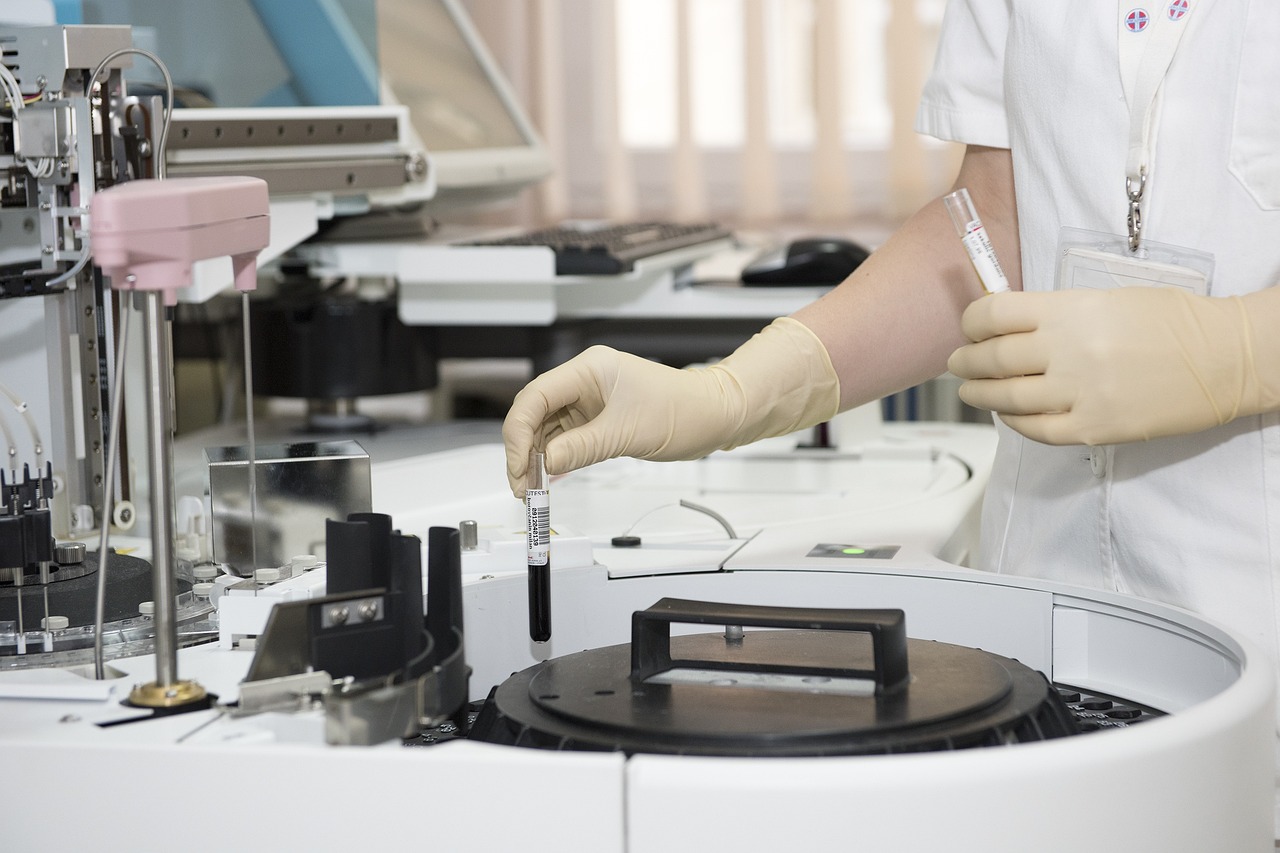🩺 Clinical Evaluation by Healthcare Professionals
GPs and hospital doctors assess symptoms, history of drinking, and physical signs such as jaundice or tremors to guide diagnosis.
🧪 Laboratory Tests
Includes liver function tests, CDT markers, and full blood counts to detect alcohol-related damage.
🧠 Mental Health and Cognitive Assessments
Used to diagnose alcohol-related brain damage or psychiatric conditions through psychological and neurological exams.
🧾 Screening Tools and Brief Interventions
Tools like AUDIT and FAST help identify harmful drinking in GP or pharmacy settings.
🏥 Hospital Diagnostic Coding
Diagnoses made during hospital admissions are coded (ICD-10) and include liver disease, pancreatitis, or psychiatric conditions.
🧭 Specialist Services and Referrals
Patients may be referred to addiction services, liver clinics, or recovery teams for specialized care.
🧑⚕️ Community-Based Diagnosis
Outreach teams and pharmacies screen and refer individuals to appropriate services, especially in remote areas.
📊 Public Health Surveillance
Health data helps track prevalence and inform policy decisions, focusing on common diagnoses like Alcohol Dependency Illness.

